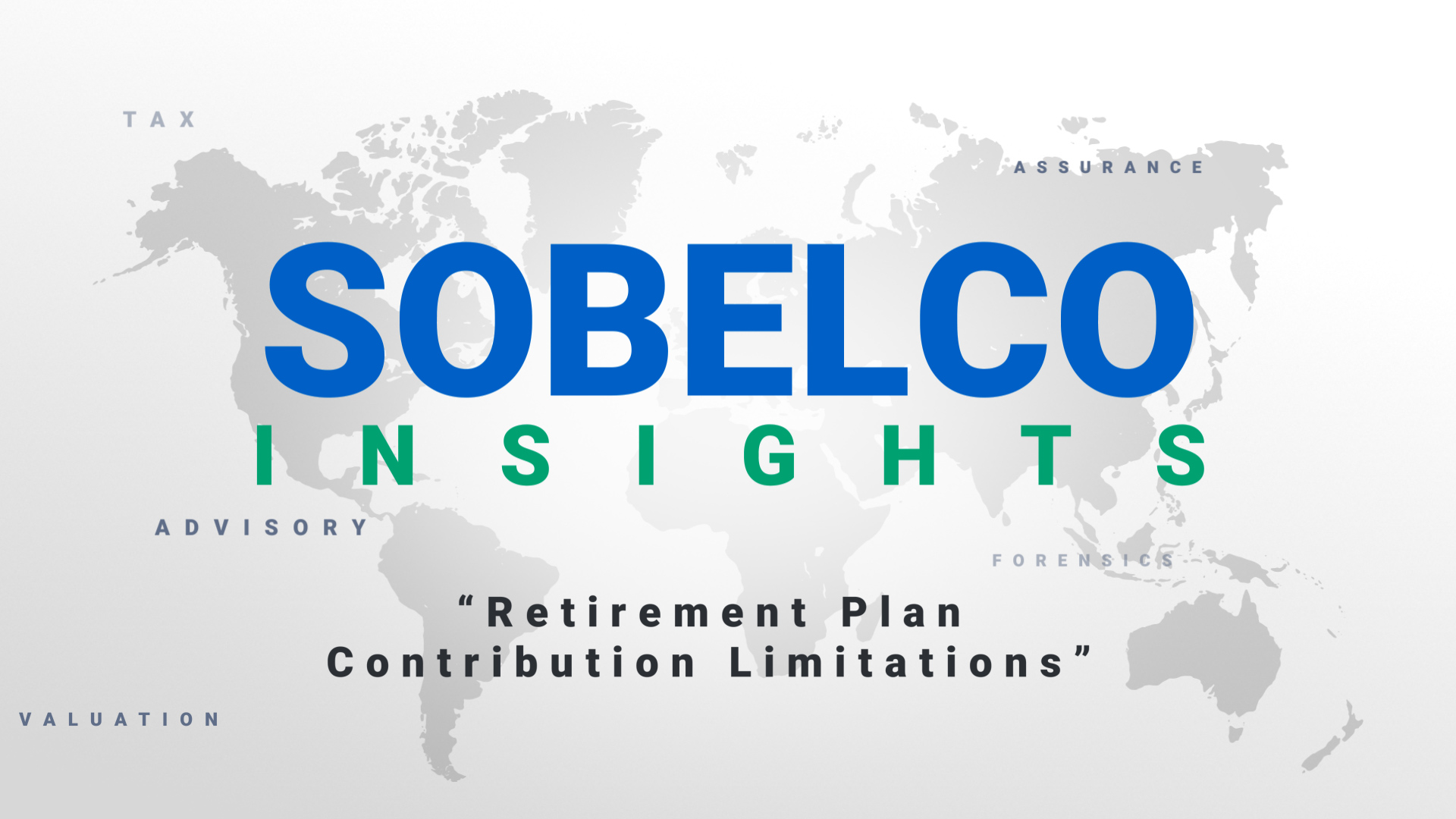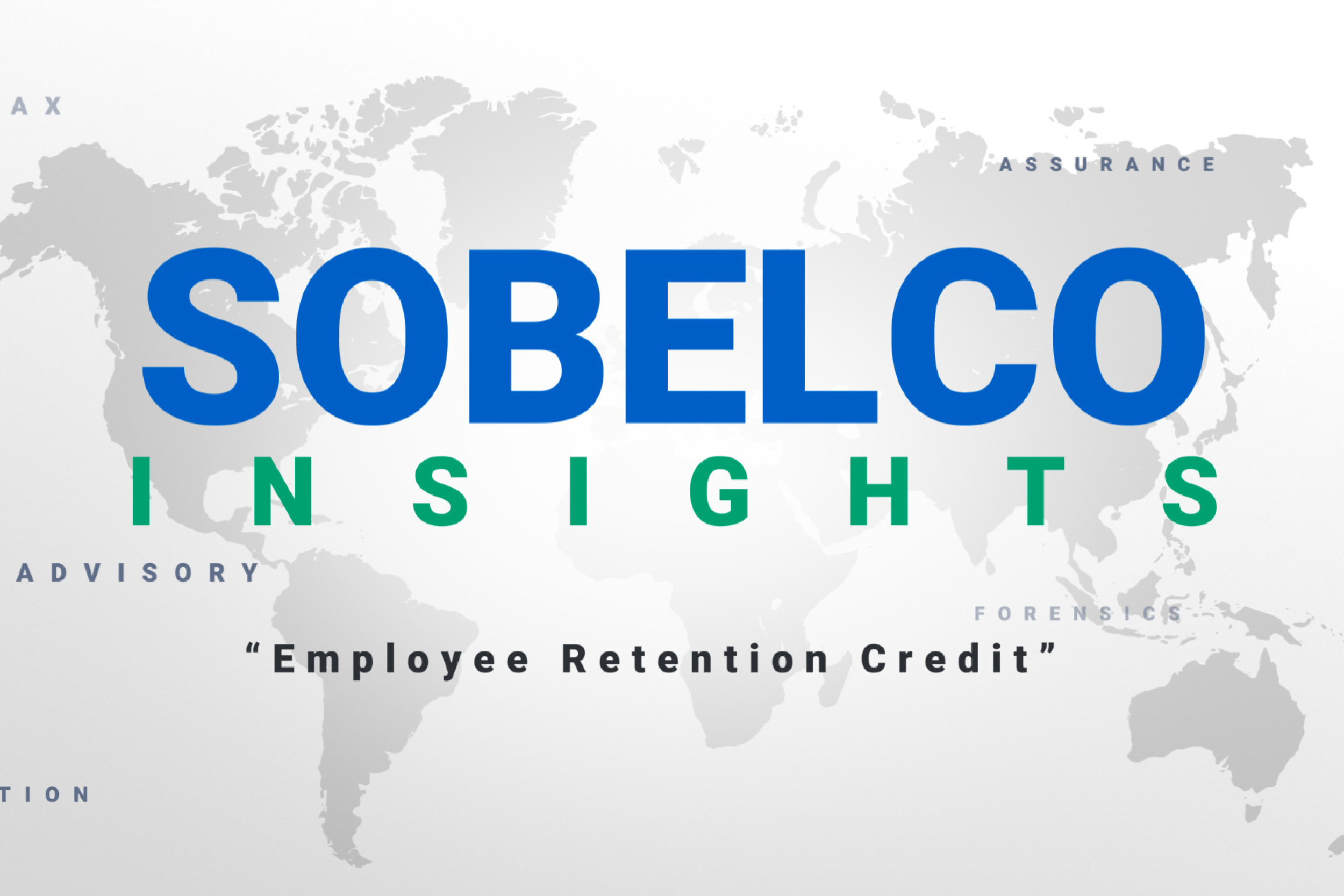
One of the most confusing concepts of being an owner of an entity structured as a Partnership, Limited Liability Company (LLC) or S-Corporation is the concept of Partnership basis. In a way, it can be viewed the same as one’s cost basis of owning a public stock purchased in the market; the price you paid to acquire that stock, and what you would ultimately compare to the selling price upon sale, to calculate any capital gain or loss. However, Partnership or LLC rules can become much more complicated. Unlike public company stocks, Partners in partnerships and members of LLCs typically cannot simply rely upon an outside party or broker to keep track of their cost basis. The Internal Revenue Service relies on the taxpayer that owns that entity interest to keep track of their own basis. Basis in the ownership of the taxpayers’ entity is critical because it may directly impact the owner’s taxable income in any given tax year.
The basic mechanics of tracking partnership basis, under Subchapter K of the Internal Revenue Code, can seem rather simple. Partnership basis is increased by the direct purchase or investment in the interest, plus any direct contributions of cash and/or property into the partnership or LLC. Basis is further increased by any partnership income, and/or gains realized, that are allocated to the Partner or member for the particular tax year. Basis is then reduced by any distributions of cash, and/or property, made to the partner or member, and any net loss, deductions, or realized capital losses allocated to the Partner or member during the tax year. In the simplest of terms, the net of all these transactions would be the partner or member’s basis in their ownership interest in the partnership or LLC at the end of the tax year.
Simple Example
Individual A and Individual B form ABC, LLC; each owning 50%. Both A and B initially contribute $10,000 into the company at formation. During the year, the LLC generated $30,000 of net income and at year-end each took a $5,000 distribution from the business. At year end the LLC basis for each partner’s 50% ownership interest is $20,000:
Beginning basis: $ 0
Owner contribution: + $10,000
50% Share of net income: + $15,000
Owner Distribution: -$ 5,000
Ending Basis: $20,000
One situation relating to taxpayers’ basis that may trigger a taxable event is if a partner or member receive distributions in excess of their tax basis. Generally, distributions are tax-free until the tax basis of the partner or member reaches zero. Distributions that exceed the tax basis of the partner or member can trigger capital gain income which must be realized on the partner or member’s personal tax return in the tax year in which the excess distribution occurred. The realized capital gain may be short-term or long-term depending on how long the interest in the Partnership or LLC has been held. Taxpayers sometimes struggle to understand how distributions in excess of the earnings of the business can be possible, but the most common scenario occurs when a partnership or LLC takes on debt, such as a loan or mortgage, and distributes the proceeds to the partners or members of the entity.
Debt can create basis for the partners or members of an LLC, albeit temporarily. Basis would be increased at the time the debt is incurred and is reduced as the debt is repaid. Even if distributions exceed the tax basis as computed above, the distributions remain tax-free to the extent that the partner or member’s share of debt incurred is sufficient to cover the excess distribution. Business owners should be aware that just as increases in debt increase basis similar to owner contributions, and reductions in debt reduce basis similar to distributions to owners. This also means that if a reduction in debt exceeds basis, a capital gain will also result.
Another important consideration for properly tracking basis for the partners or members of an entity is that the IRS imposes some rules regarding limitations on losses that can be realized by the partner or member on their personal tax returns. These limitations are known as the “At-Risk limitations” and in general, losses can only be recognized to the amount that the partner or member’s investment in the entity is at risk. Similar to the rules regarding excess distributions, debt can also create basis for the purpose of recognizing losses under the at-risk rules. However, the additional basis created by debt is limited to “recourse” or “qualified non-recourse” debts. Recourse debts are debts in which the partner or member is personally liable. Debts for which the partner or members do not personally guarantee are disregarded for the purposes of determining the “at-risk” limitation. Therefore, if tax-basis is exhausted and there is not enough “recourse” or “qualified non-recourse” debt allocated to the partner or member to cover the entity’s loss, the loss may be limited for that tax year. Limited losses will carry forward until such a period where there is ample basis to recognize the losses.
Partners and Members of these flow through entities should be aware of the necessity of keeping proper track of their Partnership, LLC, and S-Corporation basis. There can be drastic tax consequences due to neglect, and ignorance of the rules and is not a defense if you are under an IRS audit.
Should you have any questions or concerns or if you are just interested in how basis may affect you and your business, you can contact us at 973-994-9494 and Scott Cost or Thomas Makac will be happy to assist you.


